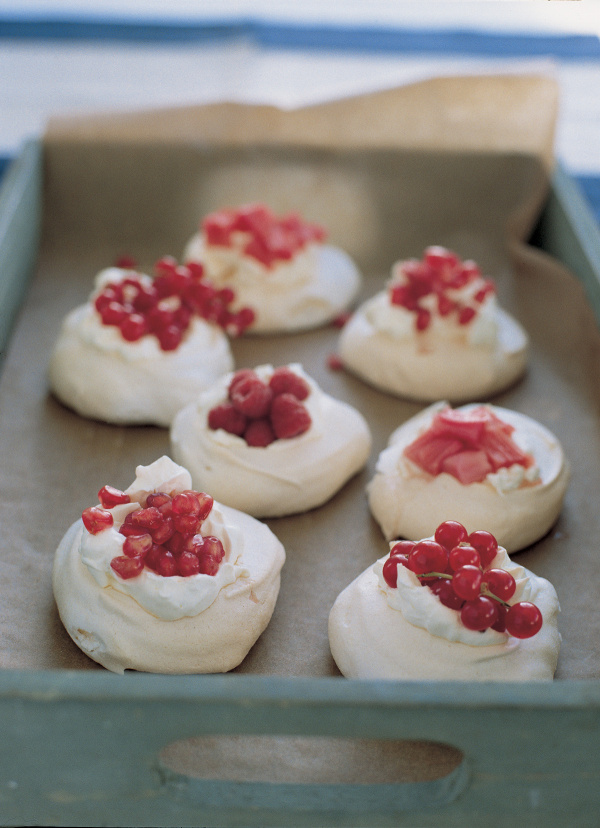Lemon Meringue Pie
Asked by stella.cox. Answered on 3rd September 2012
Full question
I have made lemon meringue pies for years but I don't seem to be able to stop liquid beads appearing through the meringue once it has cooled. Do I need to make a drier meringue? It still tastes delicious but appearance is not so good!
Our answer
Unfortunately "weeping" or "beading" meringue on a lemon meringue pie is quite common. As the meringue is not baked for long the sugar in the meringue absorbs moisture, turns into syrup and tends to leak, or weep, out of the meringue. Beading can sometimes be caused by the meringue being overcooked, so you may need to reduce the oven temperature. To reduce this risk put the meringue mixture onto a hot filling and make srue that the meringue is spread right up to the edges of the pie, touching the crust. The hot filling will help to sightly set the underside of the meringue and having the meringue touch the crust will help to seal the meringue onto the pie and will reduce the risk of the meringue slipping off the pie. If the filling is a baked custard made of lemon juice, eggs and cornflour (cornstach) then it is fairly easy to have a hot filling when the meringue is added, but if the filling is a lemon curd then it will need to be very gently and carefully reheated until hot (taking care not to let it boil).
Lemon meringue pie is best served on the day it is made, the longer the pie is left to stand the more likey you are to get some weeping, particularly if the pie needs refrigerating.
Some recipes also suggest sprinkling cake crumbs on the surface of the lemon filling, before adding the meringue. The cake crumbs will help to absorb some of the moisture, though not everyone will like their texture. Other recipes suggest to add cornflour to the meringue (just under 1 teaspoon per egg white cooked with a little water first) after the egg whites and sugar have been whisked to stiff peaks. However we have not tried these techniques so cannot vouch for their effectiveness.





Tell us what you think
Thank you {% member.data['first-name'] %}.
Explore more questionsYour comment has been submitted.